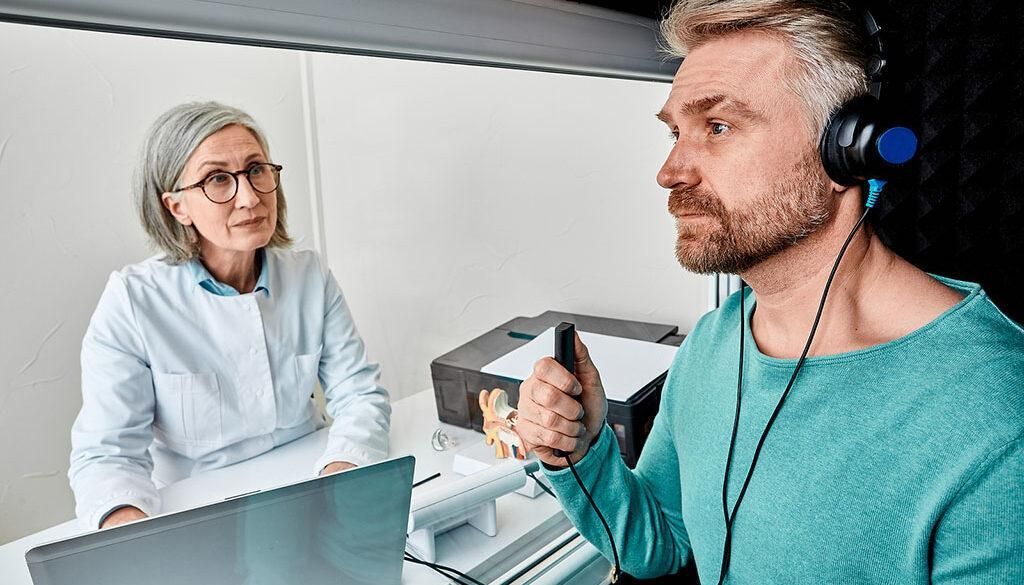Summer Care Tips for Your Hearing Aids
Summer is a season filled with sunshine, vacations, and outdoor adventures. It's also a time when your hearing aids might need a little extra attention to keep them functioning at their best. The heat, humidity, and increased activity levels can pose unique challenges for hearing aid users. At Ealing Hearing Centre, we want to ensure you enjoy your summer to the fullest without any interruptions to your hearing. Here’s how to keep your hearing aids in top shape during the warm months.
The Impact of Summer on Hearing Aids
During summer, your hearing aids are exposed to various environmental factors that can affect their performance.
1. Heat: Prolonged exposure to high temperatures can damage hearing aid components.
2. Humidity: Increased moisture can lead to condensation inside the devices, affecting their functionality.
3. Sweat: Sweat can seep into the hearing aids, causing corrosion and short-circuiting.
4. Water Exposure: Activities like swimming or sudden summer showers can expose your hearing aids to water, which is detrimental to most devices.
Essential Summer Care Tips for Your Hearing Aids
1. Keep Your Hearing Aids Dry
Moisture is the enemy of electronic devices, and hearing aids are no exception. During the summer, the risk of moisture damage is higher due to sweat, humidity, and water activities.
- Use a Dehumidifier: Invest in a hearing aid dehumidifier to store your devices overnight. This helps remove any accumulated moisture. We can help your source these.
- Wipe Them Regularly: Use a soft, dry cloth to wipe your hearing aids after any activity that causes sweating or if you’ve been in a humid environment.
- Waterproof Covers: Consider using waterproof covers or sleeves for additional protection during outdoor activities or if you’re caught in a rain shower.
2. Protect from Excessive Heat
High temperatures can cause damage to the delicate components of your hearing aids. To prevent heat-related issues:
- Avoid Direct Sunlight: Don’t leave your hearing aids in direct sunlight, like on a car dashboard or a windowsill.
- Keep Them in a Cool Place: When not in use, store your hearing aids in a cool, dry place. Avoid leaving them in hot cars or areas without ventilation.
- Use a Protective Case: Carry a protective case to store your hearing aids when you’re out and about, especially during peak heat hours.
3. Avoid Water Damage
Water and hearing aids don’t mix, so it's essential to keep them dry:
- Remove Before Swimming: Always take your hearing aids out before swimming, bathing, or engaging in water sports.
- Rain Protection: If there’s a chance of rain, carry an umbrella or a waterproof hat to shield your hearing aids from unexpected showers.
- Dry Off Quickly: If your hearing aids do get wet, dry them off immediately with a soft cloth and place them in a dehumidifier as soon as possible.
4. Handle with Clean Hands
Sweat, sunscreen, and lotions can transfer from your hands to your hearing aids, potentially causing damage or clogging. To avoid this:
- Wash Your Hands: Always wash your hands before handling your hearing aids, especially after applying sunscreen or lotion.
- Use Wipes: Carry alcohol-free wet wipes to clean your hands and the area around your ears if you’ve been sweating or applying skincare products.
5. Schedule Regular Check-Ups
Summer is a great time to schedule a check-up for your hearing aids. At Ealing Hearing Centre, we offer comprehensive hearing aid maintenance services to ensure your devices are in optimal condition.
- Professional Cleaning: We provide thorough cleaning to remove any built-up debris or moisture.
- Battery Check: We check your hearing aid batteries to ensure they are functioning correctly and replace them if necessary.
- Performance Test: We test your hearing aids to ensure they are working properly and make any necessary adjustments.
Enjoying Summer Activities with Hearing Aids
Summer is a time for enjoying the great outdoors, but it can also present challenges for those with hearing aids.
- Outdoor Sports: Use a sports clip or a snug-fitting hat to keep your hearing aids secure during physical activities.
- Camping and Hiking: Carry extra batteries and cleaning supplies when going on extended trips to ensure your hearing aids stay in top condition.
- Travel: If you’re flying, keep your hearing aids in your carry-on bag to avoid exposure to extreme temperatures and to have easy access for in-flight adjustments.
By taking a few extra precautions, you can keep your hearing aids in excellent condition throughout the summer and enjoy all the season has to offer without any interruptions to your hearing.
If you have any questions or need assistance with your hearing aids, don’t hesitate to contact us or call us to schedule a maintenance check-up.
Stay cool, stay safe, and have a fantastic summer!
Warm regards,
The Ealing Hearing Centre Team



